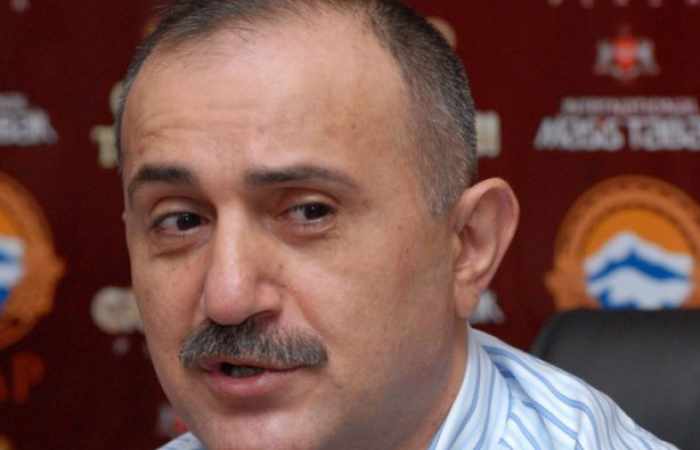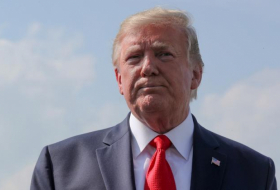More recently, Babayan openly expressed support for one of the political factions that participated in Armenia’s April 2, 2017, parliamentary elections—ORO, formed jointly by the Unity Party and the Heritage Party (both led by former Armenian foreign ministers) with the participation of former defense minister Seyran Ohanyan. The latter man began vehemently criticizing the government immediately after his resignation, in October 2016. During the election campaign, Babayan soon started supplementing his statements in support of ORO with warnings that “provocations” against the bloc might potentially result in bloodshed (Lragir.am, March 22). Before the bloc’s assembly in February, some of its representatives had themselves already warned about possible “provocations,” as there were speculations about a criminal case having been opened against Ohanyan in connection with corruption in the army during his ministerial tenure (1in.am, February 24).
According to the NSS, Babayan was involved in an illegal attempt to acquire a Russian-made Igla man-portable surface-to-air missile launcher with a 9M39 missile (Hraparak.am, March 22). His lawyer, Avetis Kalashyan, insists that the NSS lacks sufficient evidence to indict. While Babayan himself considers the accusations groundless, he has not suggested, to date, that the legal actions against him were politically motivated (Hraparak.am, March 29). This contrasts with the ORO, which immediately claimed that the criminal charges against Babayan had a political dimension, putting that in the context of the election campaign as a provocation against the bloc (Lragir.am, March 22). Later on, ORO’s spokesman declared the bloc considers Babayan a political prisoner, even though he himself does not (Hraparak.am, March 29). ORO claimed it was being targeted for its critical attitude toward the government.
From ORO’s point of view, Babayan’s arrest is part of a government-led propaganda and physical intimidation campaign. Earlier last month, for example, several ORO activists were beaten, and one of them was shot and wounded by the brother of the deputy head of the National Police (A1Plus.am, March 15). Moreover, during the election campaign, representatives of the ruling Republican Party of Armenia (RPA) have notably also been involved in several other violent incidents. A Prosperous Armenia Party (PAP) activist was stabbed; others from the PAP, as well as supporters of a current coalition member, the Armenian Revolutionary Federation (ARF), were beaten; there have even been fights among the supporters of various RPA candidates (Azatutyun.am, March 6).
The latter may seem particularly strange, but it is an outcome of the new election code. The old mixed system of proportional representation and majoritarian single-member districts has now been replaced with a combination of national and district party lists. Under the old system, government-affiliated businessmen or their proxies used to run in single-member districts without having to compete against one another. But the recently adopted system encourages intra-party competition among candidates within districts. As a result, district lists included several pro-government candidates as well as local gang leaders capable of buying votes or intimidating voters (Asparez.am, February 14; Armlur.am, March 3).
The RPA has used all means—the election code biased in its favor, financial resources, the media, large-scale vote buying, and so forth—to secure its hold on power this election cycle (1in.am, January 19, 2016; Armtimes.com, April 25, 2016; Aravot.am, March 31, 2017). Indeed, President Serzh Sargsyan, who also comes from the RPA
More about: #Armenia #elections
















































